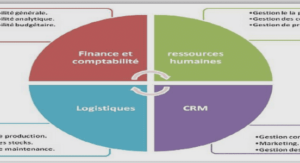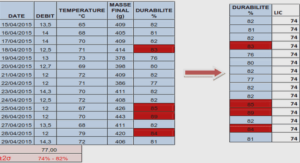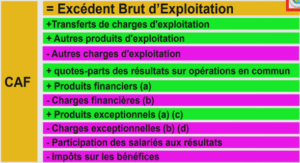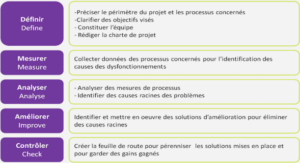Time management
Still according to the data collected through the questionnaires for teachers, most of the informants mentioned that the time devoted to English session is not enough for them to cover the official syllabus and that causes some of them to be reluctant to expose their students to any speaking activities. Also, there is no official oral examination. However, no one can deny that in the official syllabus to develop learners’ speaking skill is one of the objectives that teachers of English should consider. Therefore, time management is very crucial in teaching if we want to cover the official syllabus properly. Since the objective of this present work is to develop learners’ speaking skill, we will focus on the time management of this field. In order to manage the timing, the teacher should be well prepared for the activity; that is, having a good lesson plan and having some sort of microteaching of the lesson plan at home beforehand to avoid embarrassment. It also helps teachers to think in advance about some vocabulary items that students may need in the activity and the questions they may ask during the task. That is also important for the flow of the activity and for the respect of the timing. Apart from that, even if it is a speaking activity, the use of teaching materials is also important. Taking into account the teacher’s problem on time management in class observation number three for example, we recommend teachers to use craft or share handout to students to avoid wasting time as the fact of copying on the board and waiting for students copying it creates problems in timing; so, either students’ talking time is less than expected or the time limit of the lesson plan is exceeded. Last but not least, the instructions should be clear because when students do not understand the instructions, they cannot start the activity and that requires more explanation from the teacher and thereby more time.
Classroom management
Still according to the collected information through questionnaires and classroom observation, classroom management is one of the points that teachers found hard to manage particularly when exposing their students to speaking activities. They are worried about the noise their students’ may create doing fun activities in speaking especially when it is a large class. To overcome such difficulty, we think that teachers should divide their students into small groups or arrange them to work in pairs because in that case it will be easier for the teacher to monitor the learners in small groups than to monitor students individually in a large class. Moreover, not only it helps teachers to avoid disorder in classrooms but it also helps each student to get involved in the activity. However, we would suggest that the number of the 82 students per group should be limited to four or six but not more. Exceeding this number can create unnecessary noise. Also, to manage the classroom, teachers should be well prepared mentally and physically. As the activity is supposed to be fun for students to motivate them to speak the language, the attitude of the teacher should be relaxed in order to have a positive impact on the students’ behavior which helps to maintain learners’ concentration and motivation in performing the task. To avoid unexpected noise or disorder the teacher should be very active; that is, move around the classroom to check if the students really deal with the activity or just talk about something else since it is a speaking activity and that requires a lot of energy from the teacher; that is the reason why teachers should be prepared physically. In other words, laziness and tiredness should not be seen in the teacher if we want to have dynamic learners. Another thing we found efficient during our experimentations and which we would recommend is that teachers should avoid letting students do nothing; for example, when some students are dealing with a discussion activity or reporting in front of the class, the rest of the students should always have something to occupy them such as taking notes, being a judge of the activity, etc even if the activity is mainly made for speaking. As we could previously see, the last part of this present work is focused on the practical aspect of the current work. This last part includes our personal contribution to the development of Malagasy learners’ speaking skill particularly those in terminal level. Our third part is divided into two subparts which are the experimentations of our lesson plans mainly aimed at confirming the feasibility of the use of fun activities in class and our general suggestions in which we include our personal recommendations for developing learners’ speaking skill. Despite the negative points mentioned in the comments, the experimentation of our lesson plans reveals us that fun activities motivate learners to speak the English language in class. Moreover, fun activities build confidence in them and that leads to the improvement of their speaking skill. In our general suggestions, we have selected three points that we think teachers need to consider when dealing with fun activities in class as far as developing their learners’ ability to speak is involved. Obviously, the experimentations of our lesson plans we have carried out in some Malagasy lycées. We have proved that fun activities can develop learners’ speaking skill.





